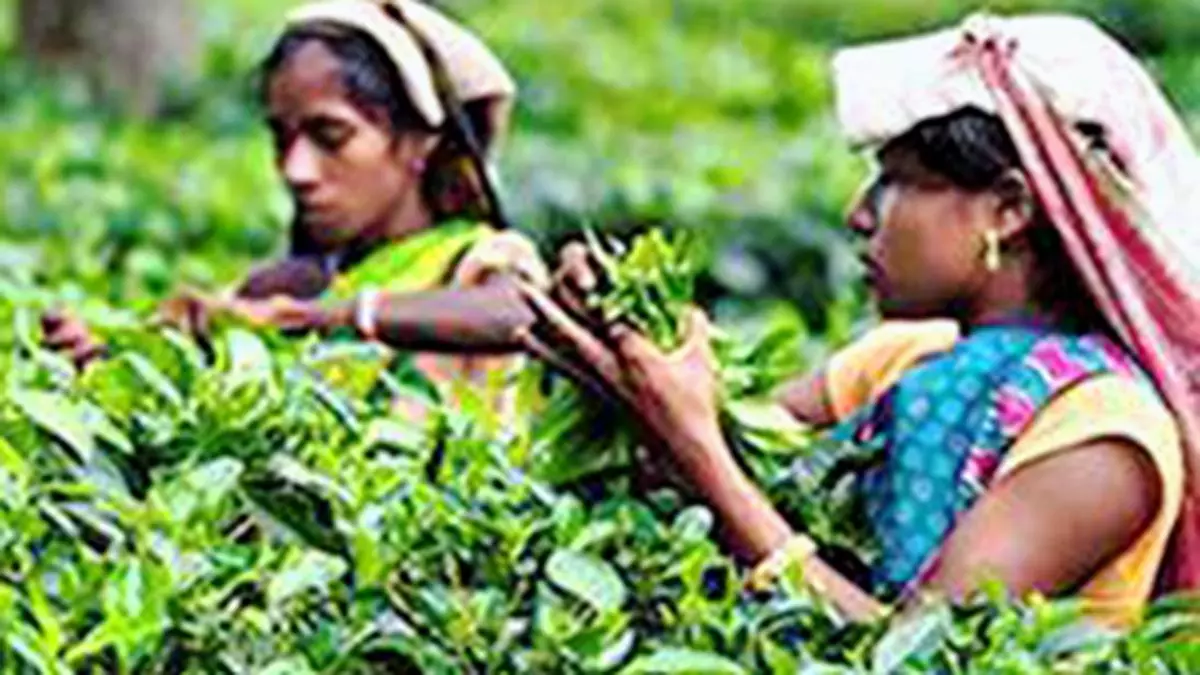FAITTA voice concern over artificial colouring of tea in some parts
The Federation of All India Tea Traders Association (FAITTA), the apex body of tea trade in India, has voiced deep concern over the growing incidence of adding artificial colour in tea, saying that responsible sections of the trade and brands are being adversely impacted by such malpractice.
FAITTA, in a recent meeting with FSSAI, has provided evidence drawn from the market of tea packets openly declaring added colour in the content in some parts of the country and the North East.
Sanjay Shah, chairman FAITTA emphasised the need for strong regulatory steps including prosecution to curb this menace as consumers unknowingly perceive bright colour as good tea. Several disturbing reports continue to appear of unscrupulous traders engaged in this malpractice and the regulatory body has initiated awareness programmes to stop colour adulteration, he said.
Despite tea production recovering from pandemic lows in 2022 reaching 1365 million kg compared to 1329 million kg in 2021, he said the production remained still short of the 2019 level of 1390 million kg.
Indian tea exports are on a higher growth trajectory. However, after successive years of 250 m kg plus levels exports sharply declined in 2020 and 2021 to 210 million kg and 196 m kg respectively. Exports registered some recovery in 2022 touching 226 million kg. However, in 2023, Indian tea exports continue to meet global headwinds and analysts expect a 10 per cent dip this year on the back of geopolitical conditions in Russia and subdued buying by Iran.
Last year, he said the orthodox market was buoyant as the Sri Lanka situation had turned in India’s favour. However, with exports under pressure in 2023 tea prices have again softened–with particularly orthodox prices impacted after Sri Lanka’s production recovery and due to disruptions in key markets like Iran.
Rising levels of food inflation remain a concern as they adversely impact household and consumption levels. With food inflation reigning high, the demand for tea has been adversely impacted–consumers scaling down purchases both in terms of volume and price points, FAITTA said.
